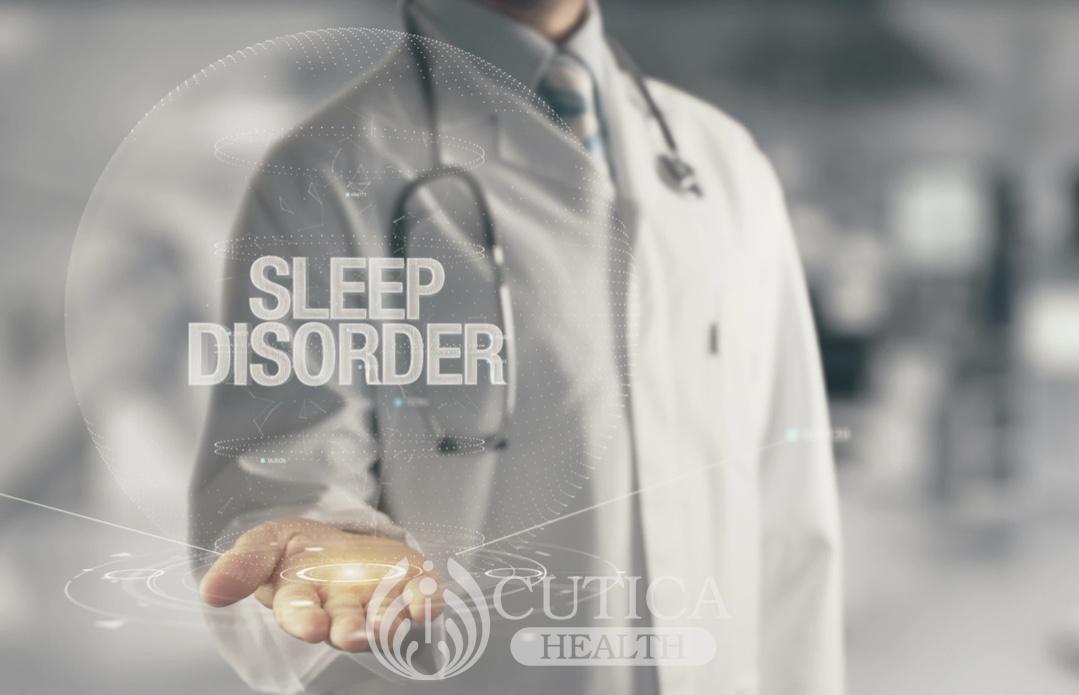
Liam was in his late 20s, and he had joined the army as soon as he could drink alcohol legally. He had experienced a lot of wars, and although those wars ended, he couldn’t stop the war he had inside. There was this particular war he had experienced that led to the sacrifice of the innocent, mostly children.
Since then, those ugly memories would invade his mind without consent, and he barely slept well. He also seemed to have lost interest in everything and everyone. He was a shadow of his old self, and he wouldn’t have anyone know. He was a soldier after all, and he would fight this battle too on his own.
Post-traumatic stress syndrome and its influence on soldiers
For many, even the slightest cut would have us in the Emergency room in no time. But for some, no matter how huge the pain is, they would rather hide it and treat it alone. Soldiers are a good example of people who would hide whatever they are going through. Most of them hide it out of shame – they don’t want to be stigmatized.
Post- traumatic stress syndrome or disorder (PTSD), sometimes called shell shock or combat stress, occurs when an individual has faced a major traumatic or life-threatening event. When humans face such situations, it is normal to feel scared and helpless. But if those feelings linger, the individual is diagnosed with PTSD.

Not all soldiers would have PTSD, and research shows that younger soldiers are more likely to get the disorder. Soldiers with a history of childhood abuse, genetic factors, or pre-existing mental issue before the ‘event’ may be more likely to have PTSD. Involvement in harming civilians could also be a contributing factor.
Symptoms of PTSD in soldiers
- Loss of interest
- Personality and behavioral changes
- Angry outbursts and Irritability
- Feelings of shame, guilt, fear, hopelessness, and worry
- Depression
- Sleeping problems, characterized by nightmares and inability to sleep
- Headaches and fatigue
- Recurrent and intrusive memories of the event

Treatment
Having PTSD shouldn’t be a stigma. A partnership between the soldier and a health professional is important in the journey to regain mental health. Potentially beneficial professional and lifestyle interventions include:
- Cognitive-behavioural therapy (CBT) or counselling. One way to solve your problems is to face them, and that’s the principle on which CBT works.

- Eye movement desensitization and reprocessing (EDMR): It is a form of psychotherapy. There is the use of eye movements as a way of reducing the intense emotion associated with the traumatic memories.
- Medications like antidepressants and antianxiety drugs.
- Focusing on a new hobby or exercise: Sports might offer soldiers with PTSD a way to stop the intrusive thoughts and allow them to focus on their bodies. Also, exercise causes the release of endorphins, substances produced by the body, which can improve an individual’s mood.
- Increased interaction with civilians and engagement in programs that can help re-adjust to civilian life.

PTSD is a common problem among soldiers and other paramilitary personnel; it robs them of their personalities and ability to enjoy life. Steps you can take to deal with the condition include seeking professional help, which will provide the needed therapy to help you overcome the symptoms.












